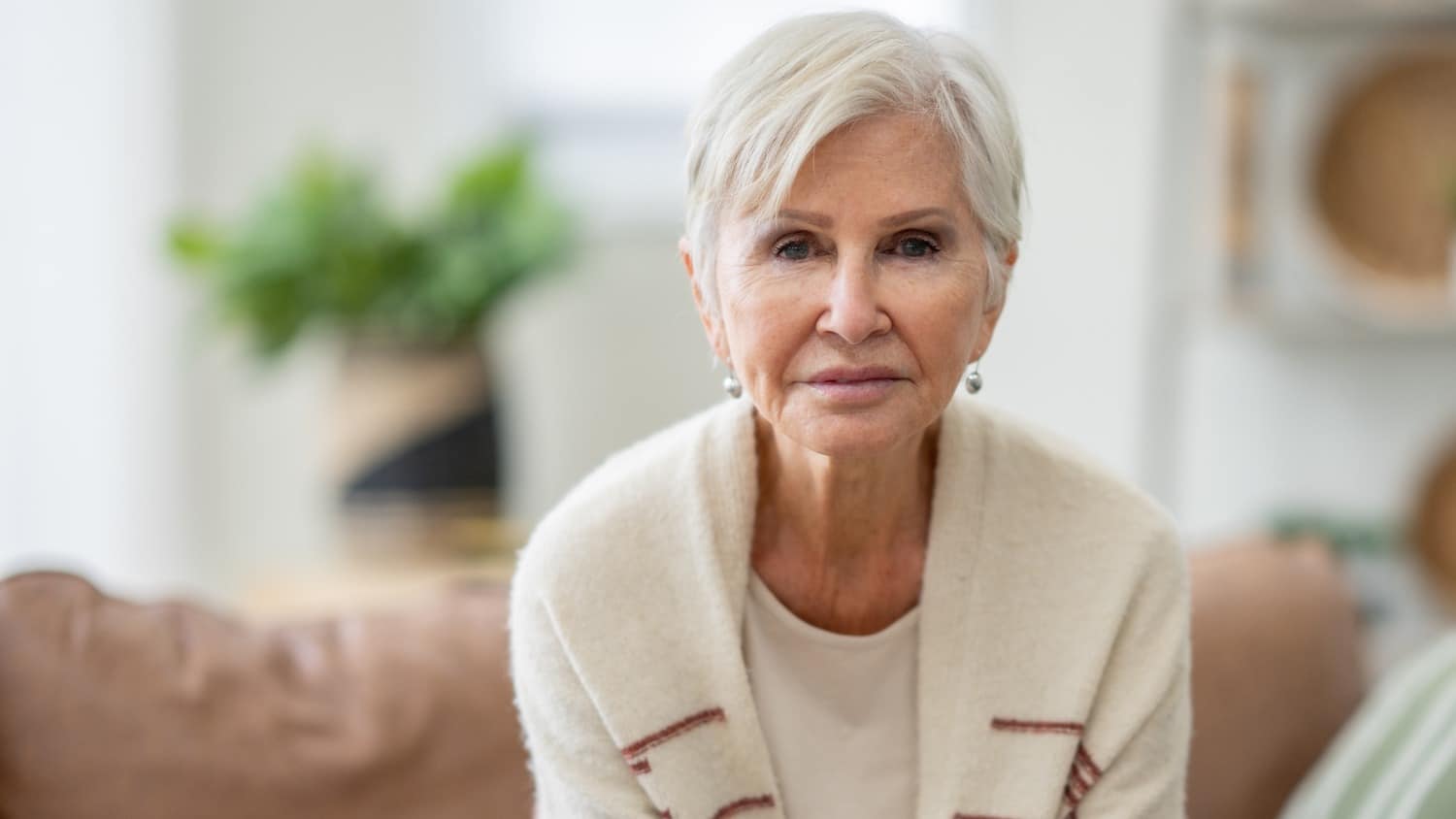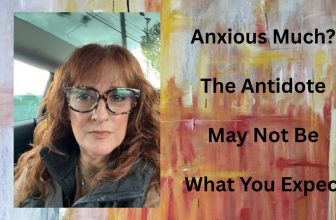
Looking forward to something, like a trip, a visit, or even a simple daily routine, like walking the dog, can brighten our days. The joy of anticipation gives us a reason to get up, to smile, and to carry on with the ordinary things we don’t particularly enjoy, like washing dishes or folding laundry.
But sometimes anticipation turns on us. We can slip into the trap of over-anticipation. When we look to the future with too much intensity, we start to want to control every part of it. Our joy turns into stress. The event we once looked forward to, now feels like pressure. Our excitement begins to fade into disappointment.
We’ve all been there. We play the “what if” game, imagining every possible outcome as if we were fortune-tellers. One day we’re eager and hopeful; the next, we’ve convinced ourselves it will all go wrong. Dread creeps in, and we may even start to avoid what we once couldn’t wait for.
The trick is to notice this shift before it takes over.
The Pull of Negative Anticipation
Psychologists call it anticipatory anxiety, that mix of dread and overthinking that settles in before something happens. In simple terms, it’s expecting the worst before there’s reason to.
I often catch myself doing this. I tell myself not to “jinx” things by being too hopeful. Instead, I brace for the worst, hoping that when things turn out fine, I’ll be pleasantly surprised. Completely illogical, I know. But also, very human.
The older I get, the more I notice this pattern. It’s as if I’m trying to protect myself from disappointment by lowering my expectations. At least I can recognize it now. When I catch myself going down that road, I try to stop and tell myself, “Enough, this isn’t helping.”
Life is rarely black and white. Most experiences fall somewhere along a wide grey spectrum. Sometimes things turn out far better than we imagined, other times, not quite as well. But they are rarely as terrible as we feared. And there are the unexpected outcomes that, while different, are still good. Those are the moments that remind me not knowing is okay.
Last year, I applied to be a ByWard Market vendor in Ottawa. At first, I was thrilled at maybe having a chance to share my recycled, cat-themed art. But months passed with no reply. I convinced myself they hated my work. I felt crushed but tried to accept it wasn’t for me.
Then one day, a shop clerk admired my bag and urged me to ask the market office directly. Terrified but curious, I went and learned I’d been accepted all along. Their email had a typo. I was speechless, incredibly relieved, and proud of myself for having the courage to inquire.
The Pressure to Expect More
It’s not all in our heads. society feeds our expectations. Social media, advertising, movies, and television all show us picture-perfect lives. We start to believe our own lives should look the same and be exciting, polished, endlessly happy.
This comparison game is exhausting. And it’s intentional. Companies profit from our insecurities. If we feel we’re missing something, we’re more likely to buy something to “fix” it, like a new outfit, a new cream, or a new gadget.
Now, with artificial intelligence personalizing every ad and recommendation, the pressure has become even stronger. Suddenly, our inboxes and screens are filled with products that seem to “know” exactly what we need. It’s unsettling, as if someone out there really does know what’s best for us. The more we absorb these messages, the more warped our expectations become.
We start expecting our lives to match a digital fantasy, forgetting that real life is messy, unpredictable, and wonderfully imperfect.
How We Can Try Escaping the Trap
We can try to escape the pull of negative anticipation by focusing on and observing our expectations, as follows:
- Notice when you stop looking forward to something and start dreading it.
- Ask whether your dread comes from your own reality or from outside influences.
- Reassess if your worry based on facts, or is it fear of being disappointed?
- Shift your thinking from “what if” to “maybe” or “maybe not.” A little flexibility can ease the pressure and restore balance.
These small changes help us step back from overthinking. When we release the need to control the future, we open ourselves to the possibility that things might unfold better. Or at least differently than we imagined.
Anticipation doesn’t have to disappear; it just needs to soften. When we stop judging every future event by how it should be, we can focus more on what is.
We don’t need to be perfect, not as friends, parents, grandparents, or partners. The next event doesn’t have to be life changing. It all simply needs to be real. “What will be, will be.”
And when things start to spiral or expectations take over, I remind myself to pause, and to breathe.
When things start to get out of control, and expectations take over, I always say, hug a cat. For those without a cat, I mean be in the here and now, in the present moment and things will fall into place.
As for tomorrow and the future, let it unfold on its own.
Click for free access to my Substack, Retired Way Out There, where I publish a bi-monthly newsletter and offer free handouts.
Also read, Anticipation: The Bright Side of Looking Forward
Let’s Have a Conversation:
How often do you find yourself dreading a future event, meeting, relationship or something else? What is the reason for this negative anticipation?






